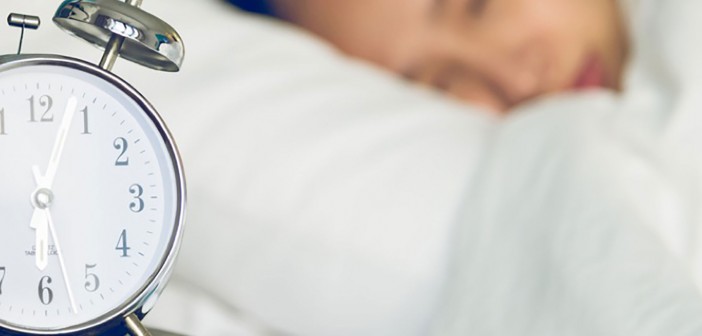When the news reported that actress and best-selling author Carrie Fisher died as a result (in part) to sleep apnea, people were stunned. Isn’t sleep apnea just a really bad case of snoring? Research shows it is much more serious than that.
In a study published by Men’s Health, researchers found that sleep apnea sufferers are 86 percent more likely to die at a younger age than those that don’t. “Although snoring itself is associated with increased cardiovascular risk, sleep apnea is much more dangerous.” says study author Miklos Z. Molnar, M.D., Ph.D. When there are pauses in your breathing patterns, oxygen levels in the blood drop. Over time, this damage can lead to stroke or heart attack.
If the risks of sleep apnea are keeping you up at night, here are three things you should know.
Is sleep apnea another form of snoring?
Though snoring is a common symptom of sleep apnea, all snorers do not have it. There are two types of sleep apnea. Obstructive sleep apnea occurs when one’s airway is partially blocked, usually by soft tissue collapsing in the back of the throat. Central sleep apnea is less common but carries serious risks. This form occurs when the brain fails to signal the muscles to breathe. This often happens because of problems with the respiratory control center.
In both cases, the cessation of breathing, which can last from a few seconds to a few minutes, means your brain is not getting adequate oxygen, and that’s scary stuff.
Who is at risk of suffering from sleep apnea?
People of all ages can suffer from sleep apnea, but the common factors that contribute to its occurrence include excessive weight, large tonsils, some types of medications, sinus problems, gastroesophageal reflux, and gender. Males are more likely to experience sleep apnea. In some cases, children have experienced sleep apnea that affects their learning capacity and other daily activities.
Living with the effects of sleep apnea is really no way to live. It’s difficult to function when your sleep patterns are regularly interrupted. It leaves many people suffering from depression, headaches and an inability to concentrate. It also affects motor skills, which can affect one’s job performance.
Related link: The best stress apps for caregivers — ever!
How is it treated?
For mild cases, the staff at the Mayo Clinic has seen success when patients quit smoking or reduce alcohol intake. Also, lifestyle changes such as weight loss or medications for possible allergies will help.
In an assisted living environment where sleep apnea and other sleep disorders are common, most nursing staff are prepared to assist patients to help them sleep more comfortably.
“Most of the time patients come to us already equipped with their breathing aids such as CPAP and BPAP machines. Our nursing staff is trained on how to make sure their masks are fitted properly, and that they are compliant in wearing them,” said Laura Hayes, assistant director of nursing at Draper Rehabilitation and Care Center.
She added that in some situations, not using it or using it incorrectly can lead to chronic respiratory failure. It is also important that the families of residents understand how their loved one’s sleep apnea works.
Dr. Susan Redline, an expert in sleep apnea research at Harvard Medical School, has found that severe cases of sleep apnea increase the risk of heart disease and heart attacks. She suggests talking with the doctor about a CPAP Mask. This device provides continuous positive airway pressure (CPAP), which sends enough air to keep airway passages clear.
“It not only reduces the daytime blood pressure count, but it also reduces increased high blood pressure at night, including the times when heart attack and stroke is most likely to occur,” Redline states.
If someone you love can saw logs with the best of them, this is your wake-up call to make sure something more serious isn’t preventing them (and you) from getting a good night’s sleep. Good health, whether awake or while sleeping, is something dreams are made of.
A version of this article was originally published in The Daily Herald. It has been republished here with permission.




